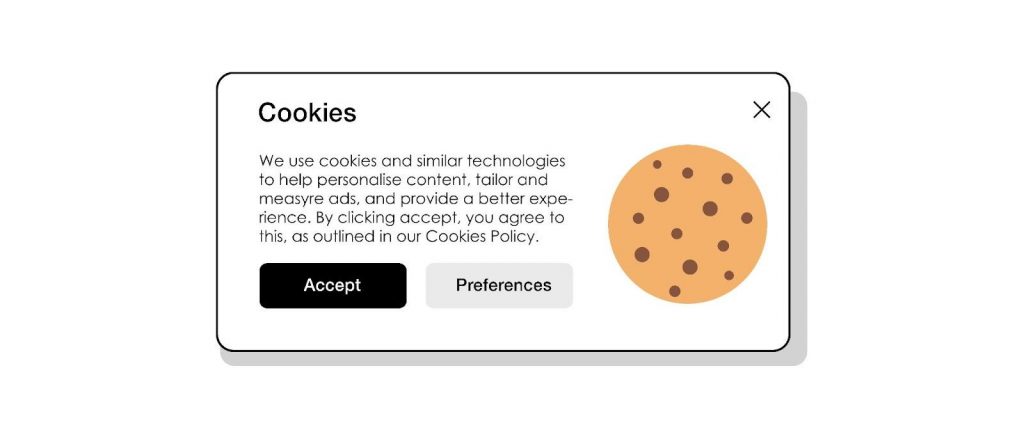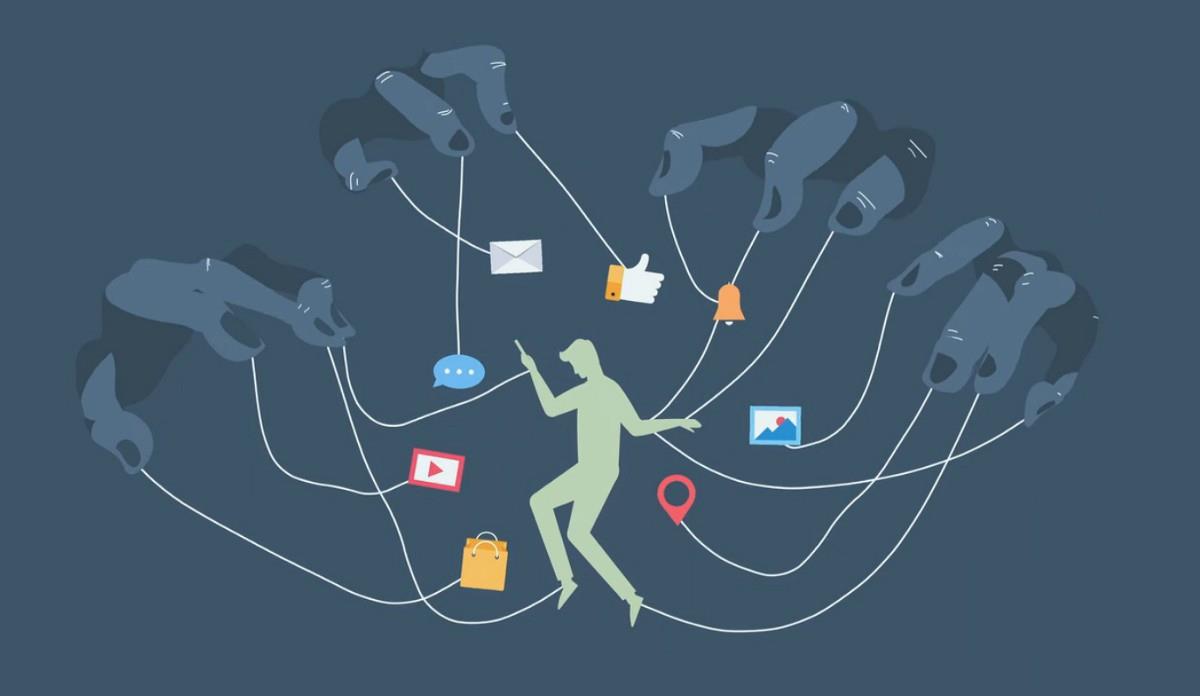
What Are Internet Cookies?
Searching the Internet, each of us has come across the term Internet (web) cookies. In those moments when the opportunity to choose whether or not to accept the internet cookies used by a certain web site, appears before our eyes, we are faced with a dilemma. We are in such a situation because we do not have enough information about internet (web) cookies.
In order to deal with such situations more easily in the future, we need to know the answers to the questions: What are internet cookies and how can you stay safe online?
Web cookies are text files that web servers record on users’ hard drives. The purpose of this small file is for web servers to automatically identify the browser on return visits and track navigation through the site. Cookies automatically contact the web server on each new visit. Web cookies are mainly used for authentication, monitoring of user sessions, collection of general information or tracking of visitor navigation, personalization, as well as for saving selected contents in the electronic shopping cart, etc. They are mostly used to monitor user behavior on the site, thus enabling web designers to improve sites and statistically access visitor data.
Surfing the web would be much more difficult if these cookies did not exist. For example, if there are no “cookies”, every time you go to Facebook you will have to enter your username and password again. Every time you check email, you will need to re-enter your information. On multilingual sites, you will need to select your native language each time. Online games will not remember the level you have reached. When visiting a site for a second or tenth or fifteenth time, you start to see ads with offers from these sites more and more often. This is also a result of using web cookies.
Today, almost all web browsers allow users to choose on their own whether the program will allow the use and recording of cookies or not, but the downside of choosing not to record them is that many modern websites will not function without cookies and, thus, become useless.
There is a justified concern from internet users about privacy and protection of personal data when surfing the web. Users fear that their personal data may be stolen, misused, etc. It should be known that cookies are not always bad. In fact, some are even helpful. These are the three types of cookies recommend to be accepted while browsing:
–Strictly necessary cookies. They allow you to maintain forms, shopping cart and consent settings, move from one page to another and back, or the ability to stay logged in even if you leave the site.
–Performance cookies. Through them, websites receive information such as how many people visit them, how long they spend on them, which pages within the site they visit and which links they click on.
–Functional cookies. These cookies help websites remember your preferences in terms of language, time zone, font, login credentials, etc., which also helps the page load faster later.
There is still no regulation for the use of internet cookies in our country, so there is a need for self-regulation of internet media in relation to internet cookies. Any web portal which places “cookies” in the user’s browsers should, at the very first contact of the user with that media – clearly and transparently explain what cookies are used and for what purpose. In this way, the public’s awareness of internet cookies and the advantage of their existence will be raised, while the fear surrounding the possibility of misuse of the user’s personal data will be reduced.




